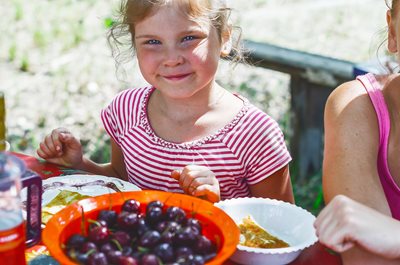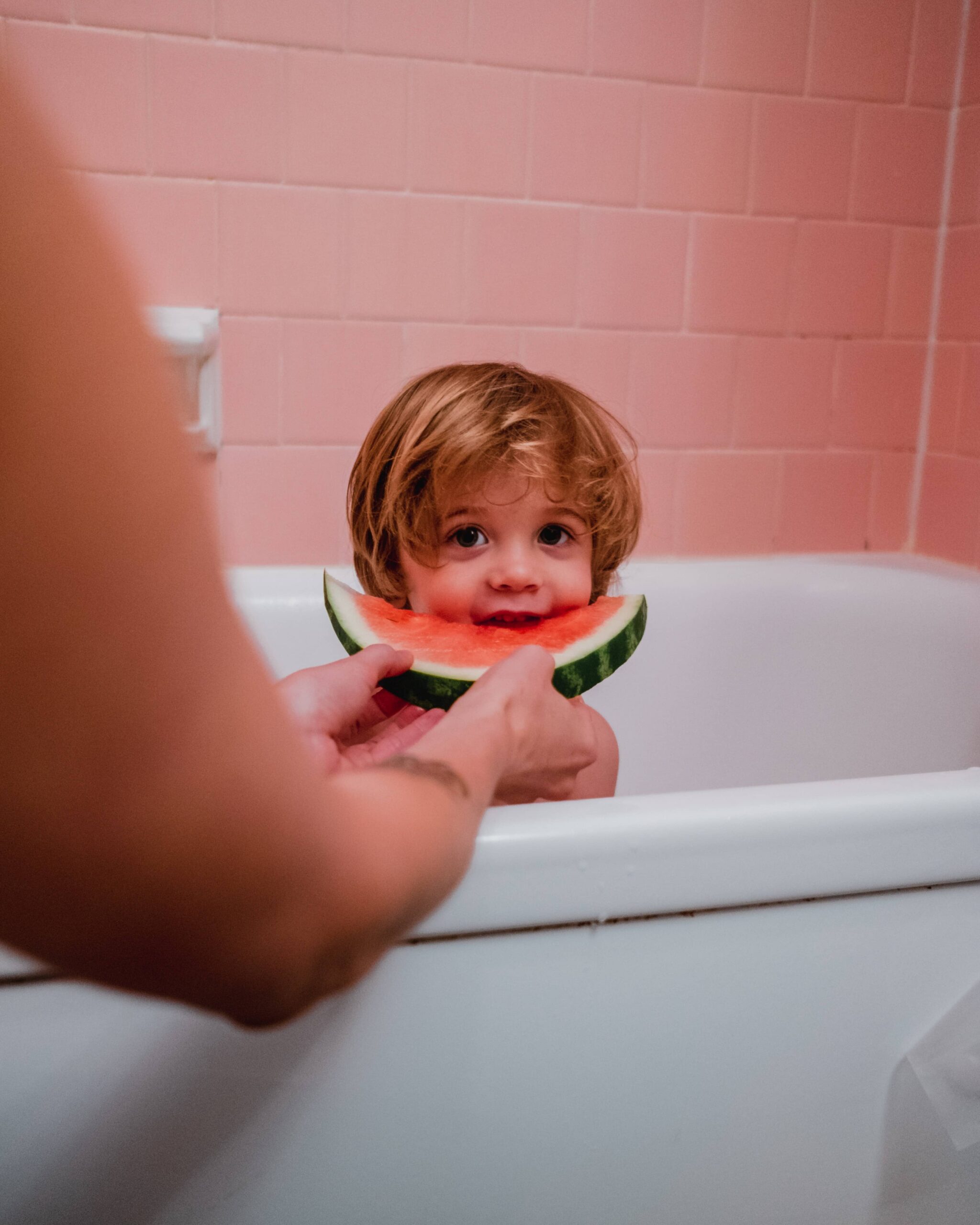Some Nutritional Needs Depend on Age and Weight
As you might imagine, there’s a big difference between most 2-year-olds and 5-year-olds. Generally speaking, though, kids this age need about 1,000-1,500 calories. It isn’t a straightforward climb, though, as children going through growth spurts need more nutrition. Our pediatricians can examine your child at his or her next well-child visit in our Kingston or Pittston locations.
That’s part of the reason why your child’s appetite may seem to vary wildly at times. It’s not a reason to worry.
The Role of Parents in Developing Mental Toughness
The family environment, and particularly the parents’ role, serves as a foundational pillar in a young athlete’s mental strength development. Parents significantly influence their children’s psychological framework and sporting experiences. Their parenting style, communication patterns, emotional support, resilience modeling, and the environment they provide for their child to experience success and failure—all contribute to the molding of a mentally tough athlete.
Evidence from developmental and sports psychology literature underscores the profound impact parents can have on their child’s mental toughness. Parental behavior shapes children’s attitudes, values, and beliefs about themselves and their sporting environment.
By fostering a supportive and encouraging atmosphere, parents can help children cultivate self-confidence, resilience, and emotional control—elements crucial to mental toughness. Additionally, parents can guide their children in developing coping mechanisms to deal with stress, setbacks, and pressure in the sporting context, a pivotal facet of mental strength.
Children’s Nutritional Needs

Let’s take a look at the ideal diet for preschoolers. Keep in mind that no child will eat this diet perfectly. It’s about balance and variety.
Protein
Kids need about 2-5 ounces of protein daily. Many children like chicken, and this is an excellent source of protein. If you can get your child to eat other meats, fish, or even tofu, those are packed full of it, too.
Fruit
It’s perhaps easiest to get kids to eat fruit out of all of the healthy foods in their diet. Fruit has a lot of sugar but also tons of vitamins and minerals. Aim for 1-1.5 cups of fruit daily.
Vegetables
It can be very tricky to get kids to eat their veggies, but luckily, there are many tricks these days. Tomato sauces, applesauce, crackers, and other snack foods have found ways to sneak in vegetables. Try to give them 1-2 cups each day.
Starch
It probably isn’t too difficult to get kids to eat starches, as they love foods such as graham crackers, cheddar snacks, and other snack foods. That being said, opt for the whole wheat options whenever you can. Kinds of pasta, rice, and even Goldfish have wheat versions.
Most preschoolers need more starch than any other food. At least three ounces is sufficient, and try to limit the upper end to about five ounces.
Dairy
Milk and dairy foods are suitable for children, although once they hit age 2, they need a little bit less than they used to, at least proportionally. Aim for between 2-2.5 cups. You can meet their needs with cheese, yogurt, and other dairy-rich foods.
Other Foods
Try to limit other foods such as those heavy in sugar, processed foods, and saturated or trans fats.










